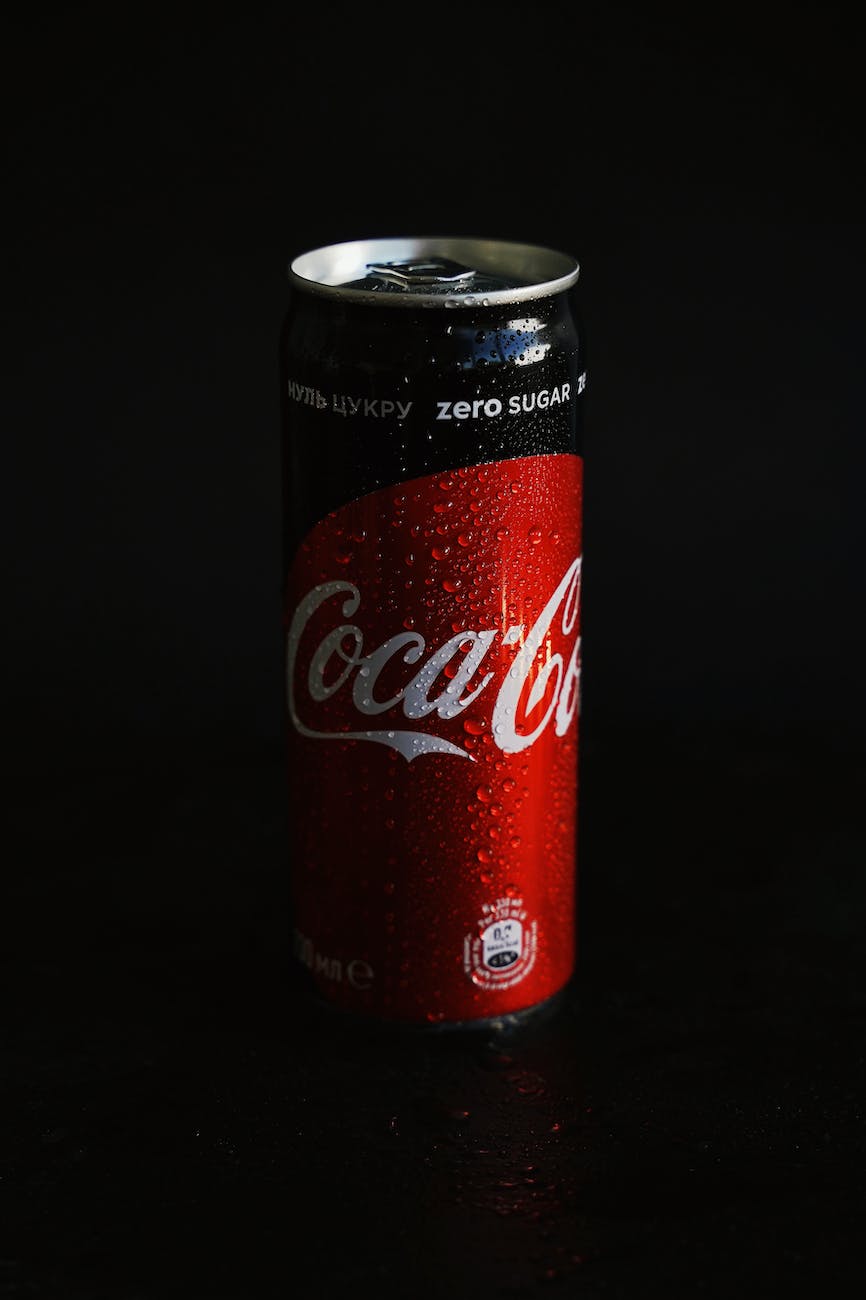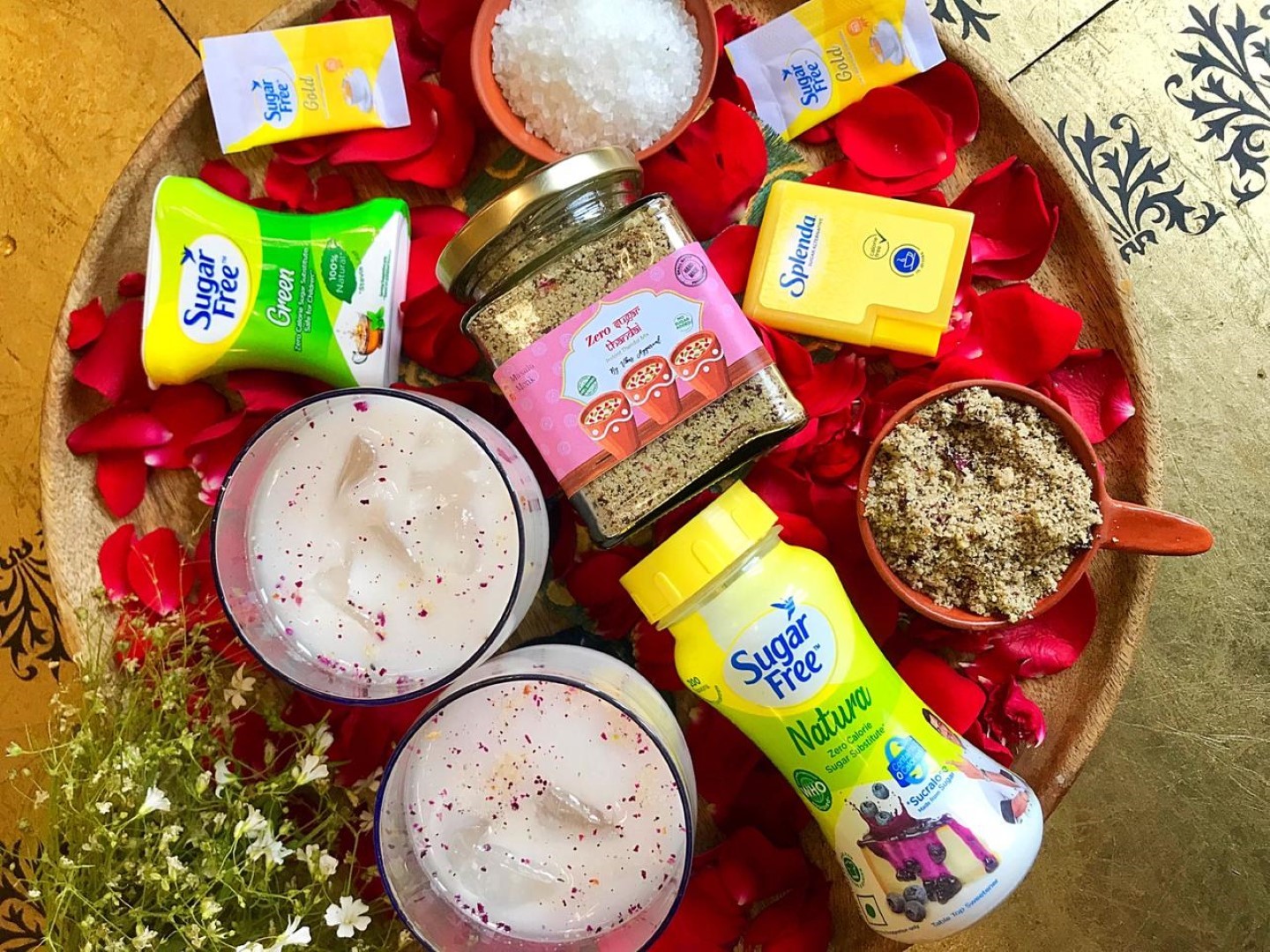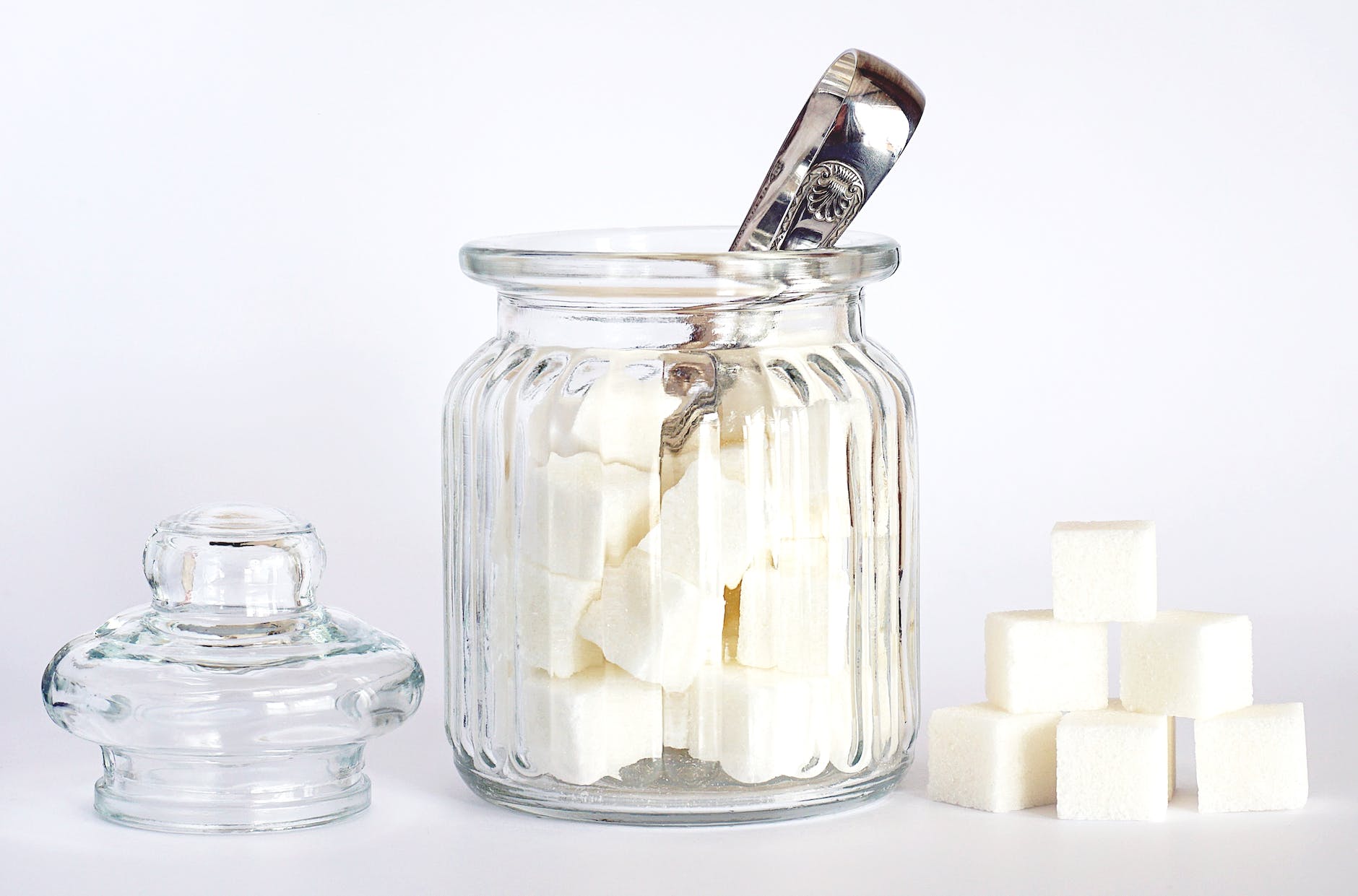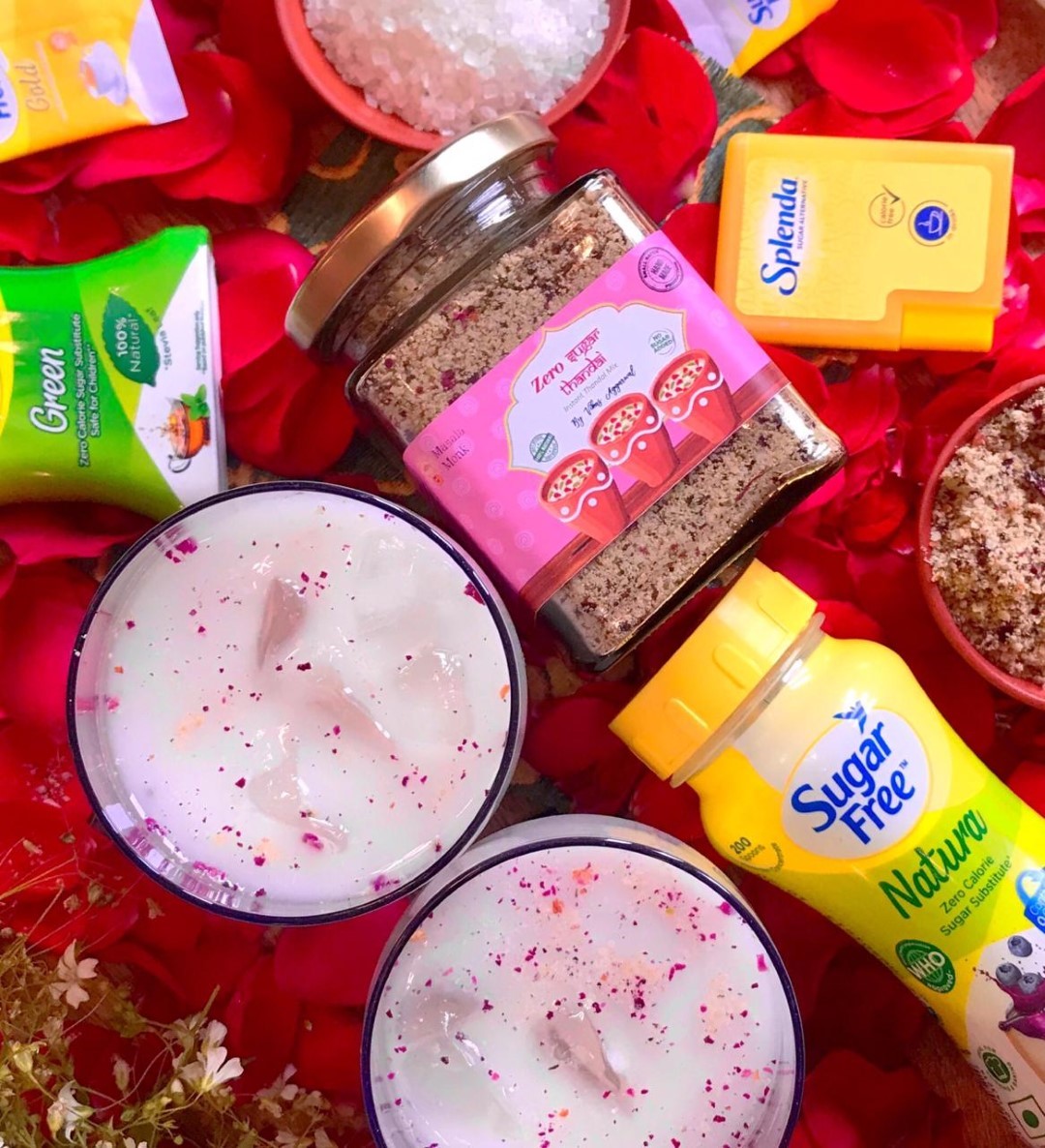
In the world of sugar substitutes, saccharin and aspartame are two of the most recognized names. Both have been in the market for decades and have been the subject of numerous studies and debates regarding their safety, benefits, and overall impact on health. This comprehensive guide will delve into the intricacies of these two sweeteners, comparing their origins, uses, health implications, and more.
Is Saccharin the Same as Aspartame? Unraveling the Confusion
It’s not uncommon for people to confuse saccharin with aspartame. After all, both are synthetic sweeteners that emerged from laboratory settings, promising a sweet taste without the calories of sugar. Their similar roles in the food industry and the controversies that surrounded them have often made them subjects of the same conversation. However, they are distinct in several ways. Let’s delve deeper into their stories and characteristics to clear up the confusion.
Origins: Accidental Discoveries in the Lab
- Saccharin: The story of Saccharin begins in 1879. Chemist Constantin Fahlberg, while working on coal tar derivatives at Johns Hopkins University, stumbled upon its sweet properties quite by accident. After a long day in the lab, he noticed a sweet taste on his hand, which he traced back to an overboiled beaker. This serendipitous discovery led to the birth of the world’s first artificial sweetener.
- Aspartame: Fast forward to 1965, and another accidental discovery took place. James M. Schlatter, a chemist, was working on an anti-ulcer drug. In the process, he discovered the sweet taste of aspartame. Just like saccharin, aspartame’s discovery was an unexpected result of unrelated research.
The coincidental nature of their discoveries is a testament to the unpredictability of scientific research. Both emerged from labs, not with the intention to create sweeteners, but through happy accidents.
The Synthetic Debate
Both saccharin and aspartame are synthetic, meaning they’re man-made. This synthetic origin has often been a point of contention and debate.
- Saccharin: Being the older of the two, saccharin has seen its fair share of controversies. In the 1970s, studies linked it to bladder cancer in rats, leading to a temporary ban. However, subsequent research and reviews have deemed it safe for human consumption.
- Aspartame: Aspartame, on the other hand, faced its own set of challenges. Concerns arose over potential neurological effects and other health issues. However, extensive research and reviews by organizations like the FDA have confirmed its safety when consumed within recommended limits.
Taste Profiles: Sweet with a Side of Aftertaste?
While both sweeteners promise a calorie-free sweetness, their taste profiles differ.
- Saccharin: It’s known for its intense sweetness, which can be up to 400 times sweeter than table sugar. However, some people detect a metallic aftertaste, which can be off-putting.
- Aspartame: Often described as having a taste profile closer to sugar, aspartame is about 200 times sweeter. It doesn’t have the metallic aftertaste associated with saccharin, but some individuals report a different, mild aftertaste.
Modern Usage and Products
- Saccharin: Despite the controversies, saccharin has found its way into various products. It’s commonly used in soft drinks, tabletop sweeteners, and other processed foods. Brands like Sweet’N Low use saccharin as a primary ingredient.
- Aspartame: Aspartame’s popularity soared in the 1980s and 1990s, especially in diet sodas. Brands like Diet Coke and Diet Pepsi have used aspartame as a primary sweetener. It’s also found in gum, yogurt, and a range of sugar-free products.
Impact on Glucose Levels and Health
- Saccharin: Studies have shown that saccharin doesn’t raise blood sugar levels, making it a choice for many diabetics. However, it’s always essential to consult with a healthcare professional before making dietary changes.
- Aspartame: Similarly, aspartame doesn’t have a significant impact on blood glucose levels. However, individuals with a rare genetic disorder called phenylketonuria (PKU) should avoid it, as their bodies can’t process one of its breakdown products.
Saccharin and Aspartame
Saccharin and aspartame, while often mentioned in the same breath, have distinct histories, properties, and taste profiles. As consumers become more health-conscious and seek sugar alternatives, understanding the nuances between these sweeteners becomes crucial. Both have played significant roles in the food industry and will continue to do so, but as with all things, moderation is key.
FAQs
- What are the primary differences between saccharin and aspartame?
- Saccharin, derived from toluene, is a zero-calorie sweetener discovered in 1879. It’s known for its intense sweetness but sometimes has a slightly bitter aftertaste. Aspartame, on the other hand, is a compound formed from amino acids, discovered in 1965. It closely mimics sugar’s natural taste and is about 200 times sweeter than sugar.
- Are saccharin and aspartame safe for diabetics?
- Both saccharin and aspartame generally do not raise blood glucose levels, making them popular choices for many diabetics. However, it’s always essential to consult with a healthcare professional regarding individual dietary choices.
- Have there been any health controversies associated with these sweeteners?
- Yes, both sweeteners have faced health controversies. Early studies linked saccharin to bladder cancer in rats, but subsequent research did not find these effects in humans. Aspartame, meanwhile, has been scrutinized for potential links to migraines and carcinogenic effects, but extensive studies have generally deemed it safe.
- Which products commonly contain saccharin and aspartame?
- Saccharin is often found in soft drinks, tabletop sweeteners, and various processed foods. Aspartame is predominantly used in soft drinks, chewing gum, yogurts, and sugar-free desserts.
- Between saccharin and aspartame, which is more cost-effective?
- Saccharin, due to its longevity in the market, is generally less expensive to produce than aspartame. However, the choice between them in products often hinges on taste preferences and specific application needs.
- Can I cook and bake with both saccharin and aspartame?
- Saccharin is heat-stable, making it suitable for cooking and baking. Aspartame, however, is sensitive to heat, so it’s best used in cold products or added after the cooking process.
- How do saccharin and aspartame impact gut health?
- Some studies suggest that saccharin might affect gut bacteria, potentially influencing insulin sensitivity. Aspartame’s impact on gut health is less studied, but as always, moderation and individual reactions should guide consumption.
Conclusion
Saccharin and aspartame, each with its unique history and characteristics, have played significant roles in the world of artificial sweeteners. While they have faced controversies, they remain integral to many diets worldwide. As with any food additive, it’s crucial to be informed and consume in moderation.
Blog Tags: saccharin, aspartame, artificial sweeteners, sugar substitutes, diabetic-friendly, food additives, diet sodas, sugar-free desserts, health controversies, FDA regulations.













